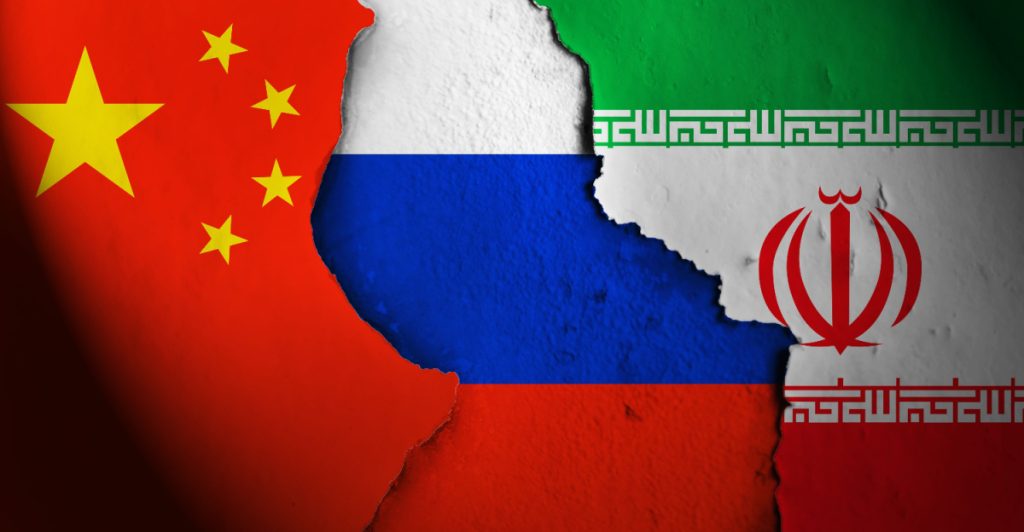Defense Ministers from Iran, China, and Russia Convene to Address Global Power Shifts
Others are reading now
In a show of strategic alignment, defense ministers from Iran, China, and Russia convened in China amid escalating global tensions and shifting power blocs.
As NATO agrees to ramp up defense spending in Europe, its adversaries are quietly coordinating elsewhere.
In the coastal city of Qingdao, senior defense officials from the Shanghai Cooperation Organization (SCO), including Iran and Russia, met to discuss what they called “the crucial changes of the century.”
SCO pushes back against Western dominance
Chinese Defense Minister Dong Jun opened the summit by warning of a world in “chaos and instability,” blaming unilateralism and protectionism.
Also read
“Dominating and intimidating acts of hegemony seriously undermine international order,” he said, according to China’s state press.
Dong urged participants from Russia, Iran, Pakistan, Belarus, and others to “act vigorously to collectively preserve an environment conducive to peaceful development.”
The meeting follows the activation of a ceasefire between Israel and Iran, a member of the SCO, and comes just one day after the NATO summit in The Hague, where Western leaders committed to greater military investment under pressure from U.S. President Donald Trump.
Global alliances recalibrate
India’s Defense Minister Rajnath Singh echoed concerns over fading globalization, stating that SCO members must “collectively meet the expectations of our peoples and confront current challenges.”
“Globalization, which once brought us closer, is losing momentum,” Singh said on X.
Russia’s Defense Minister Andrei Belousov, after meeting with his Chinese counterpart, celebrated bilateral ties, saying relations had reached “an unprecedented level” and were “developing upward in all directions.”
China, while officially neutral in Russia’s war on Ukraine, continues to face scrutiny from Kyiv’s allies for offering what they describe as economic and diplomatic lifelines to Moscow.
As reported by Digi24, the summit illustrates how rival powers are fortifying their own coalitions — framing the post-Cold War world as increasingly multipolar and contentious.


